A recent study published in the peer reviewed journal CyberPsychology, Behavior, and Social Networking, found positive associations between social anxiety and depression with motivations for dating app use. More specifically, out of the 374 participants, women were more likely than men to turn to apps such as Tinder or Hinge for social connection when experiencing social avoidance symptoms, such as anxiety or depression.
Men with similar symptoms were less likely to initiate contact with matches while using dating apps, thereby minimizing the potentially negative impacts – such as increased “anxiety, depression, [and] body satisfaction” while not even reaping the benefits of social interaction.
The study also suggests that individuals with elevated social anxiety or depression may engage in more passive dating app use, thereby “reducing opportunities for relationship formation.”
Mental health & dating app use
When it came to looking for “love“, “thrill of excitement”, and “casual sex“, women with social anxiety were more likely to use dating apps than men (with social anxiety).
Women with depression were more likely than men (with depression) to use dating apps for “the thrill of excitement”, “casual sex”, “ease of communication”, and “self-worth validation”, the report says.
This is the first study of its kind to explore the associations between mental health, motivations for dating app use, why people start conversations with matches, and the role of gender.
However, due to the correlational nature of the study, it is not determined whether “individuals with elevated symptoms of [social anxiety] and depression are more likely to use [dating apps], or if individuals become more socially anxious and depressed as a consequence of their use.”
Dating apps and mental health
The link between dating apps and negative mental health may come as no shock, with swipe culture, data leaks, and abuse often reported in mainstream media in connection with online dating services.
It’s important to acknowledge participation bias, as the relatively small study was made up of majority white and asian, mostly hetrosexual, participants. There was one non-binary person, and it’s not known if any of the participants were trans. Taking this into consideration, dating apps for the queer community can often be seen as a lifeline for meeting prospective partners and friends in a heteronormative society.
Increasinly, new apps are being designed to offer more care from the outset.
Lex, for example, is a personals-style dating app without profile pictures or a scrolling interface. Elate asks you why you’re ending a conversation to help avoid ghosting, and Bare Dating has systems in place to help you avoid those unwanted dick pics.




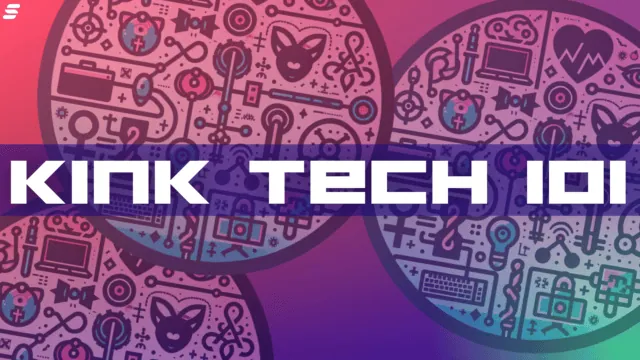
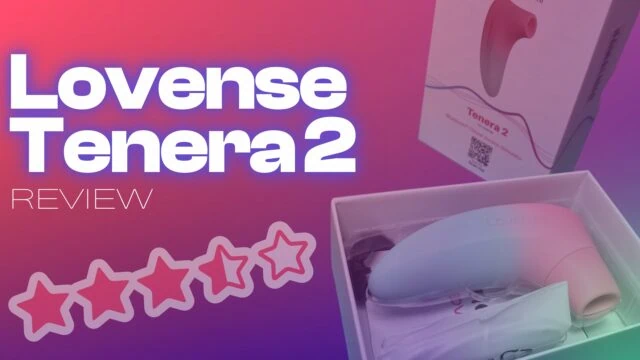
Leave a Reply